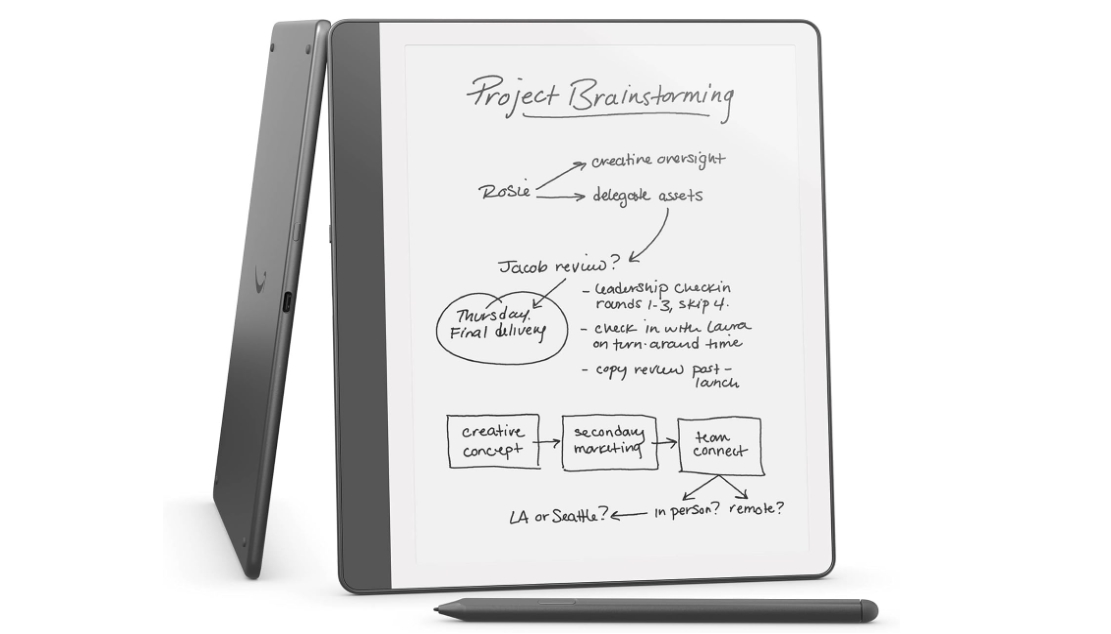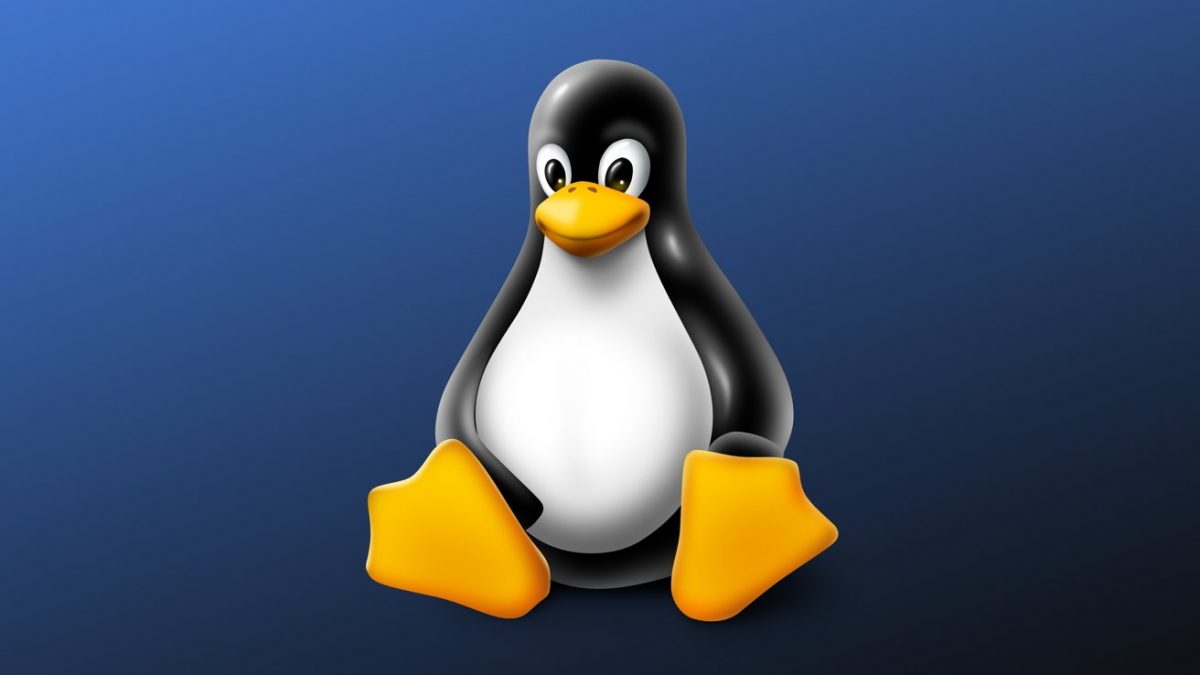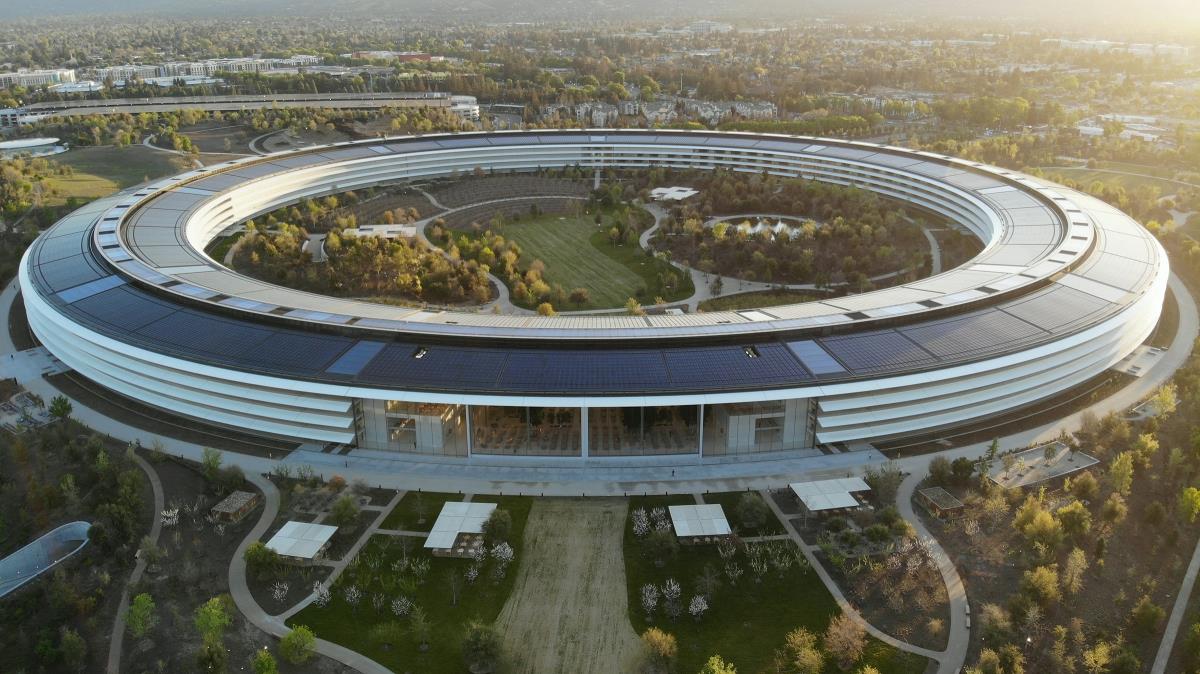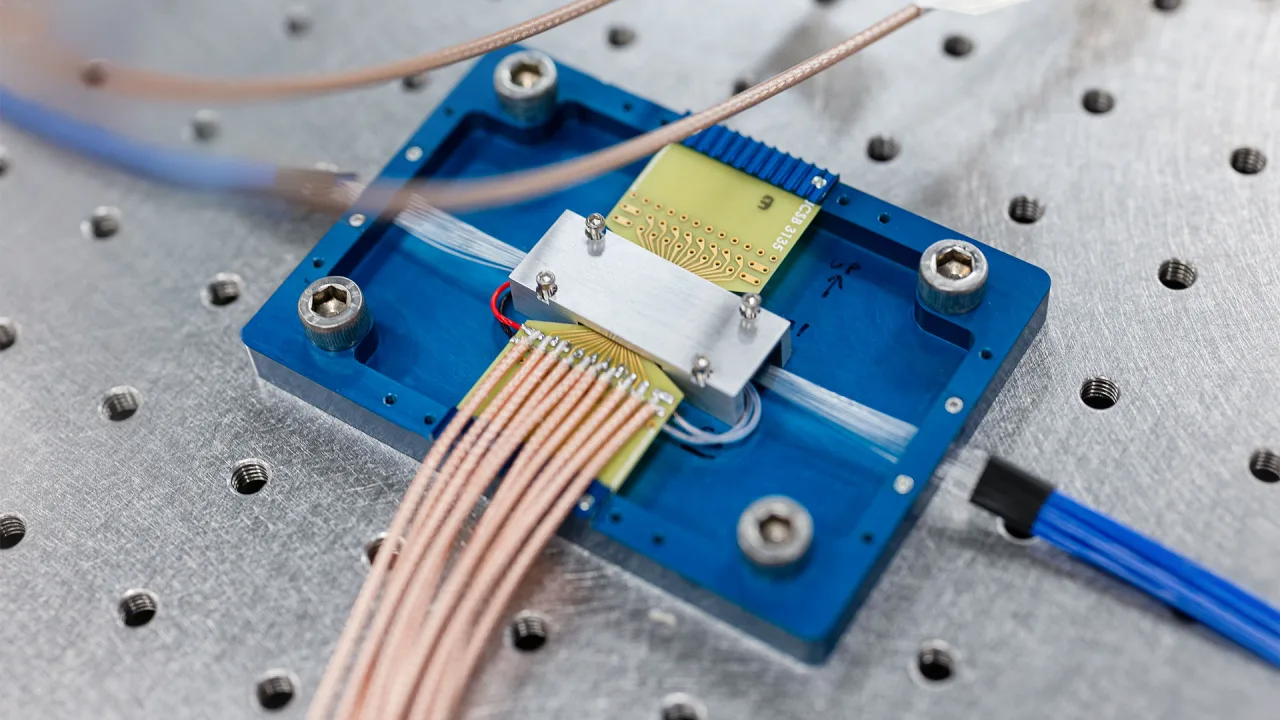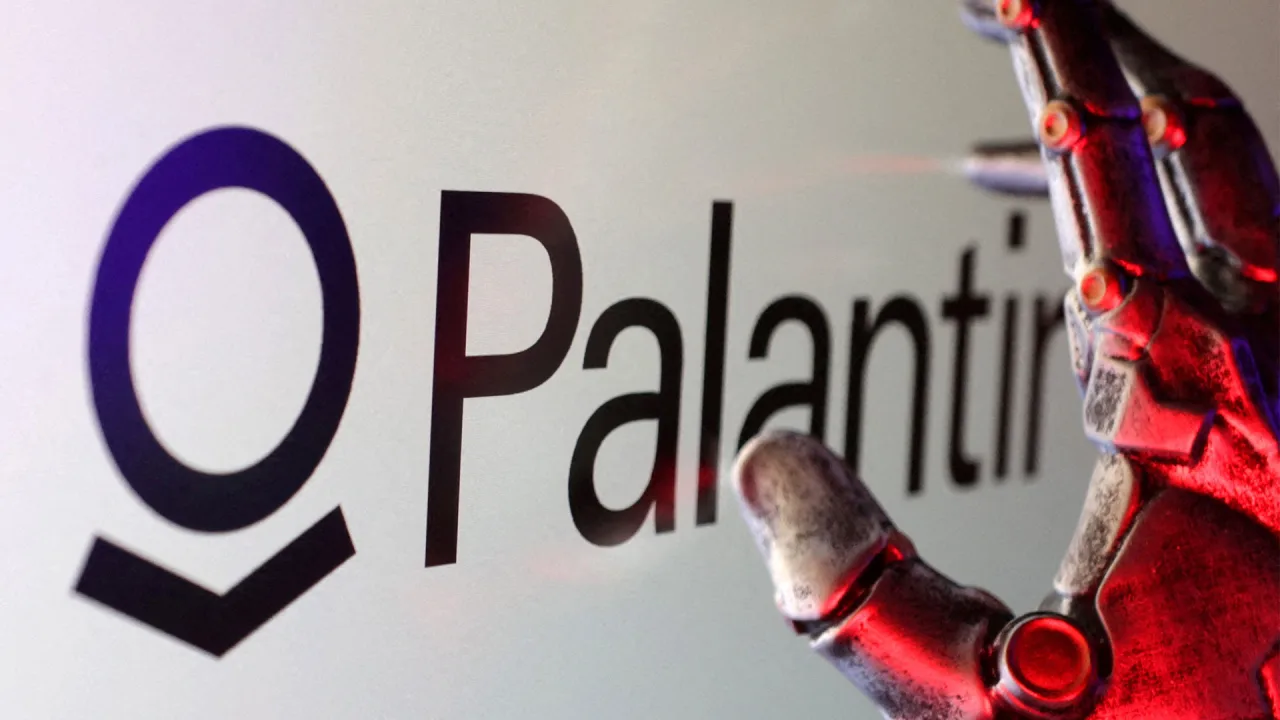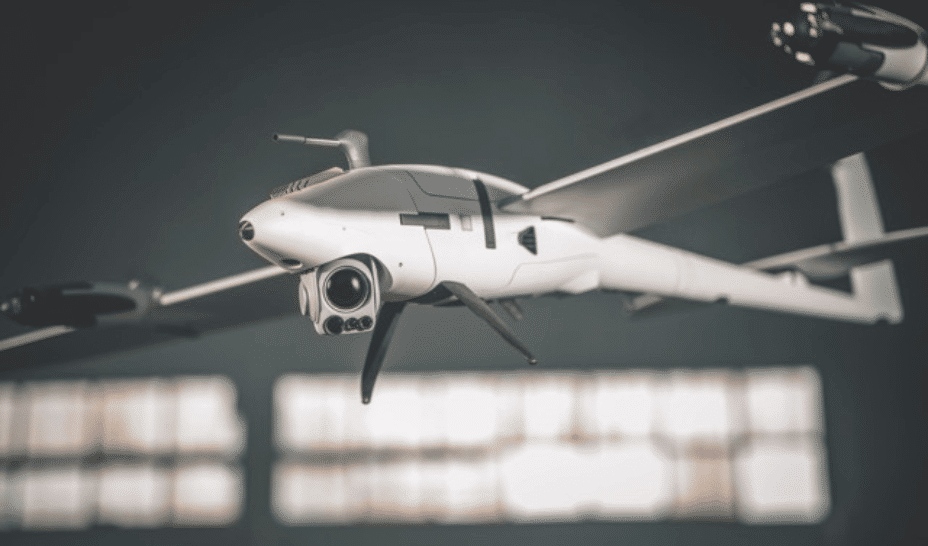How C++ Can Take Us to Mars and Back
In the modern era of space exploration, software is as critical as rocket fuel. The spacecraft of the future—especially for interplanetary missions to Mars—won’t just be metal and circuits; they’ll be powered by millions of lines of highly reliable code. Among the top languages trusted for these missions is C++. Why? Because C++ offers the performance, precision, and control needed to build the mission-critical systems that must function without fail in the unforgiving vacuum of space. But C++ isn’t perfect. It comes with its own set of challenges—such as undefined behavior, memory issues, and hardware sensitivity. This article explores how C++ can not only take us to Mars and back, but also how its challenges can be solved with modern techniques, tools, and best practices. Why C++ Is Chosen for Space Before diving into the problems and solutions, let’s understand why C++ is still a favorite among aerospace engineers: Building a Mars Mission Software Stack in C++ A real Mars mission software system might include: Navigation System Autonomous AI Decision Engine Communication System Power Management Thermal & Life Support Diagnostics & Recovery Each component must be fast, fault-tolerant, and radiation-aware. Let’s now go module by module, write real C++ code, and examine the challenges and solutions for each. 1. Undefined Behavior Risks The Problem: C++ gives low-level control, but that means undefined behavior (UB) can occur if: Memory is accessed out of bounds Null pointers are dereferenced Integer overflows happen unchecked In space, UB could mean mission failure. The Solution: Use Static Analysis Tools + Safe Subsets of C++ Use tools like Clang-Tidy, CppCheck, or MISRA C++ guidelines Avoid dangerous constructs (e.g., raw pointers, uninitialized vars) Use modern C++11/14/17 features like constexpr, enum class, nullptr, etc. Example: // Safe use of enum class avoids accidental conversions enum class ThrusterStatus { OFF, IDLE, FIRING }; void fireThruster(ThrusterStatus status) { if (status == ThrusterStatus::FIRING) { std::cout

In the modern era of space exploration, software is as critical as rocket fuel. The spacecraft of the future—especially for interplanetary missions to Mars—won’t just be metal and circuits; they’ll be powered by millions of lines of highly reliable code. Among the top languages trusted for these missions is C++.
Why? Because C++ offers the performance, precision, and control needed to build the mission-critical systems that must function without fail in the unforgiving vacuum of space.
But C++ isn’t perfect. It comes with its own set of challenges—such as undefined behavior, memory issues, and hardware sensitivity. This article explores how C++ can not only take us to Mars and back, but also how its challenges can be solved with modern techniques, tools, and best practices.
Why C++ Is Chosen for Space
Before diving into the problems and solutions, let’s understand why C++ is still a favorite among aerospace engineers:
Building a Mars Mission Software Stack in C++
A real Mars mission software system might include:
Navigation System
Autonomous AI Decision Engine
Communication System
Power Management
Thermal & Life Support
Diagnostics & Recovery
Each component must be fast, fault-tolerant, and radiation-aware.
Let’s now go module by module, write real C++ code, and examine the challenges and solutions for each.
1. Undefined Behavior Risks
The Problem:
C++ gives low-level control, but that means undefined behavior (UB) can occur if:
- Memory is accessed out of bounds
- Null pointers are dereferenced
- Integer overflows happen unchecked
In space, UB could mean mission failure.
The Solution: Use Static Analysis Tools + Safe Subsets of C++
Use tools like Clang-Tidy, CppCheck, or MISRA C++ guidelines
Avoid dangerous constructs (e.g., raw pointers, uninitialized vars)
Use modern C++11/14/17 features like constexpr, enum class, nullptr, etc.
Example:
// Safe use of enum class avoids accidental conversions
enum class ThrusterStatus { OFF, IDLE, FIRING };
void fireThruster(ThrusterStatus status) {
if (status == ThrusterStatus::FIRING) {
std::cout << "Thruster is firing\n";
}
}
Static analysis would catch any misuse like comparing ThrusterStatus to an integer.
2. Pointer Bugs and Memory Leaks
The Problem:
C++ allows direct memory access. This can lead to:
- Memory leaks
- Dangling pointers
- Double deletes
Memory bugs are very hard to debug in space, where logs may be delayed or unavailable.
The Solution: Use Smart Pointers + RAII (Resource Acquisition Is Initialization)
- Replace new and delete with std::unique_ptr and std::shared_ptr
- Use std::vector instead of raw arrays
- Encapsulate resource handling in classes
Example:
#include
#include
class Sensor {
public:
Sensor() { std::cout << "Sensor initialized\n"; }
~Sensor() { std::cout << "Sensor destroyed\n"; }
};
void testSensor() {
std::unique_ptr sensor = std::make_unique();
// Auto-deletes when out of scope (RAII)
}
This ensures automatic memory cleanup, preventing leaks.
3. Portability Across Embedded Architectures
The Problem:
C++ must run on various microcontrollers or real-time operating systems (RTOS) with:
- Limited RAM/CPU
- No standard library support
- Different instruction sets (ARM, RISC-V)
The Solution: Use Embedded C++ Subsets + Cross-Compilers
- Avoid exceptions, RTTI, dynamic memory (where unsupported)
- Use cross-platform frameworks (e.g., RTEMS, FreeRTOS with C++)
- Cross-compile using GCC/Clang with appropriate flags
Example (Embedded-safe loop):
// No STL used
void monitorBattery(float* readings, int count) {
float total = 0;
for (int i = 0; i < count; ++i)
total += readings[i];
float avg = total / count;
if (avg < 21.0f)
std::cout << "Battery level low\n";
}
Also, use hardware abstraction layers (HALs) to isolate hardware-specific code.
4. Harsh Radiation Causing Bit Flips
The Problem:
- Radiation in space can flip bits in:
- Program memory (code)
- RAM (data)
- Registers (instruction execution)
This can crash or corrupt a system.
The Solution: Use ECC Memory + Software Fault Tolerance
- Use Error-Correcting Code (ECC) RAM (corrects 1-bit errors)
- Add software redundancy: checksums, watchdog timers, and self-diagnostics
- Implement triple modular redundancy (TMR) in critical modules
Example (Simple checksum validation):
bool validatePacket(const std::string& data, uint32_t checksum) {
uint32_t sum = 0;
for (char c : data) sum += c;
return (sum == checksum);
}
This kind of redundancy catches silent data corruption.
Mars Mission Software (Integrated Code Sample)
#include
#include
#include
#include
#include
class Navigation {
double x, y, velocity;
public:
void update(double nx, double ny, double vel) {
x = nx; y = ny; velocity = vel;
std::cout << "Location: " << x << "," << y << " | Vel: " << velocity << "\n";
}
double timeToTarget(double targetX, double targetY) {
double dist = sqrt(pow(targetX - x, 2) + pow(targetY - y, 2));
return dist / velocity;
}
};
class Comm {
public:
void send(const std::string& msg) {
std::cout << "[Comm] Sending: " << msg << "\n";
}
bool receive() {
return rand() % 10 != 1; // Simulate signal loss
}
};
class LifeSupport {
double o2;
public:
LifeSupport(double level) : o2(level) {}
void check() {
if (o2 < 20) std::cerr << "WARNING: Oxygen low!\n";
else std::cout << "O2 OK\n";
}
};
int main() {
Navigation nav;
nav.update(0, 0, 100);
std::cout << "Time to Mars base: " << nav.timeToTarget(500, 500) << "s\n";
Comm comm;
comm.send("Telemetry nominal");
if (!comm.receive()) std::cerr << "Signal lost!\n";
LifeSupport ls(19.8);
ls.check();
}
Conclusion
Despite its challenges, C++ remains one of the most powerful languages to take us to Mars and back—because it gives us:
- Performance for real-time reactions
- Control over hardware behavior
- Determinism and precision
- Strong community and legacy tools
By following modern practices, using safety features, and architecting carefully, we can overcome every challenge—turning C++ into the backbone of our journey across the solar system.
Final Thought:
“We used C to land on the Moon. We’ll use C++ to walk on Mars.”
Also read: How I Used Python to Almost Crash ChatGPT
















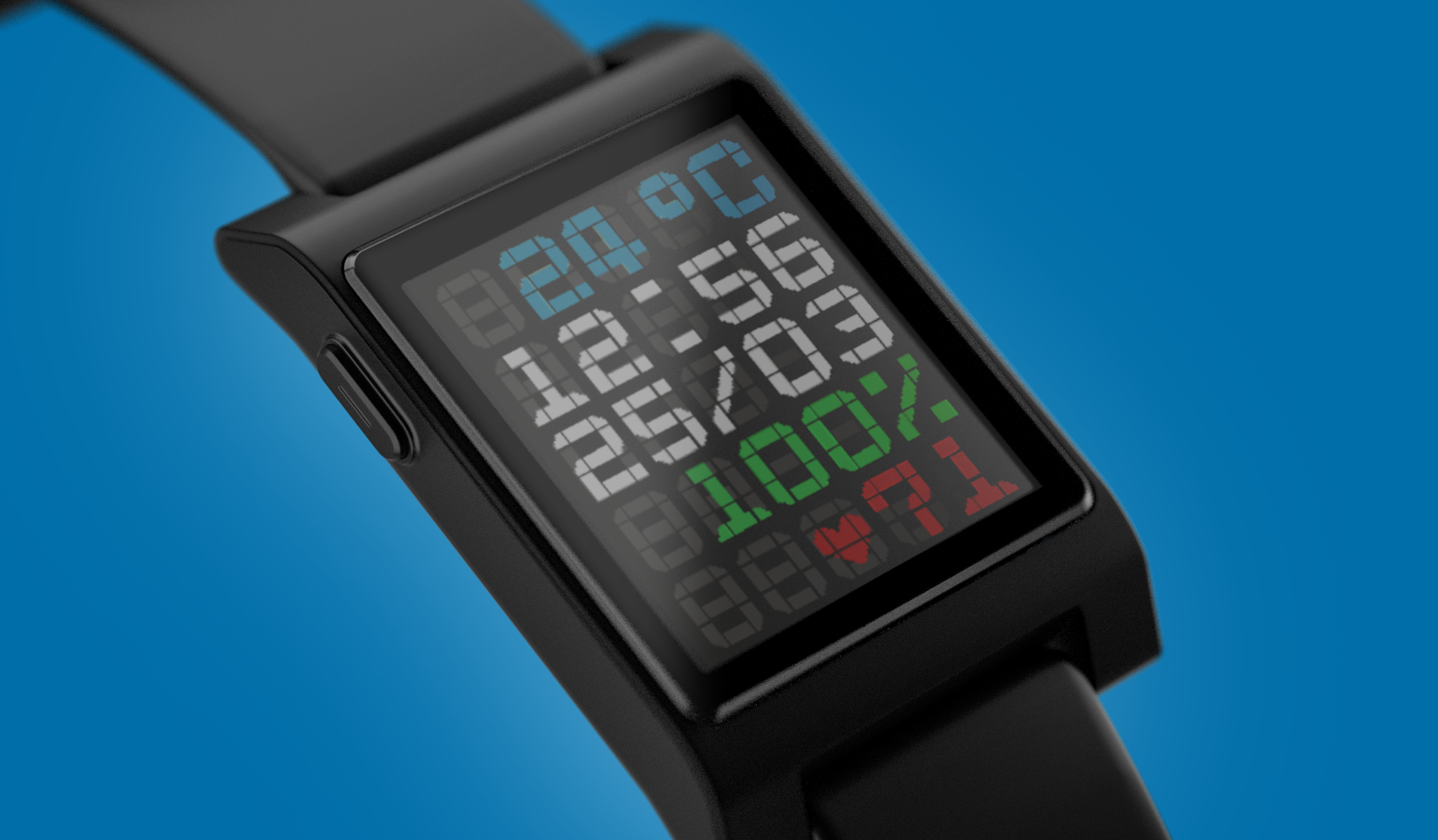







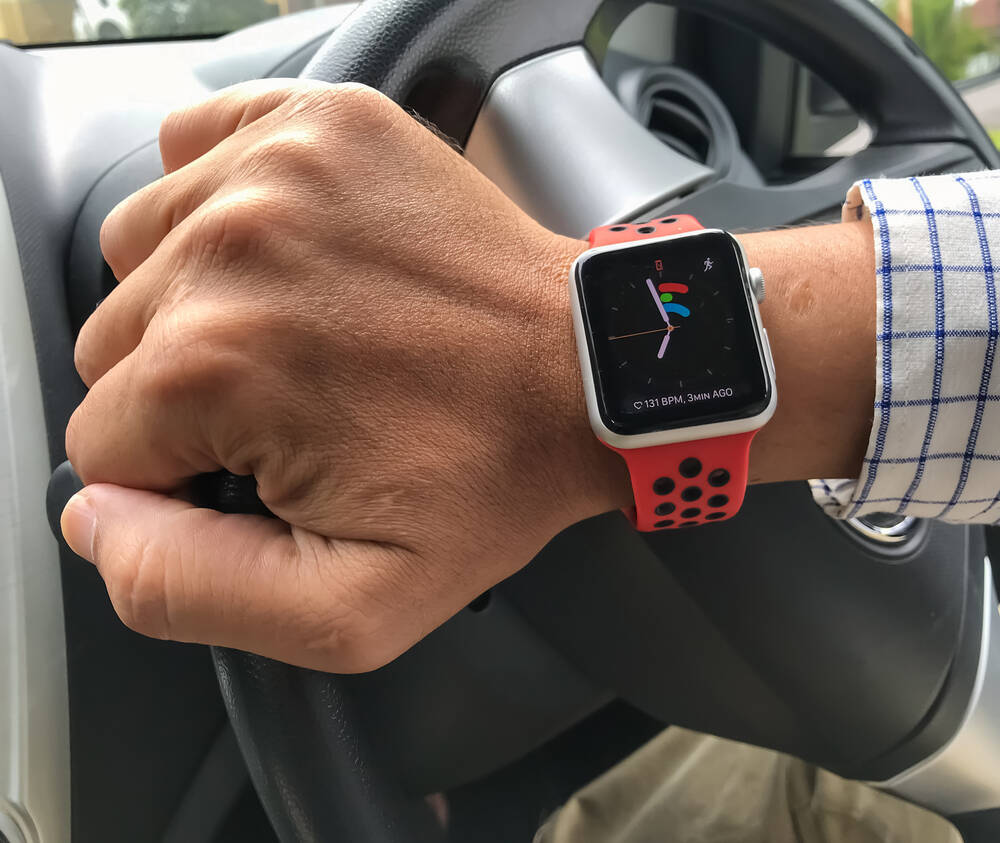















































































































































![[The AI Show Episode 146]: Rise of “AI-First” Companies, AI Job Disruption, GPT-4o Update Gets Rolled Back, How Big Consulting Firms Use AI, and Meta AI App](https://www.marketingaiinstitute.com/hubfs/ep%20146%20cover.png)













































































































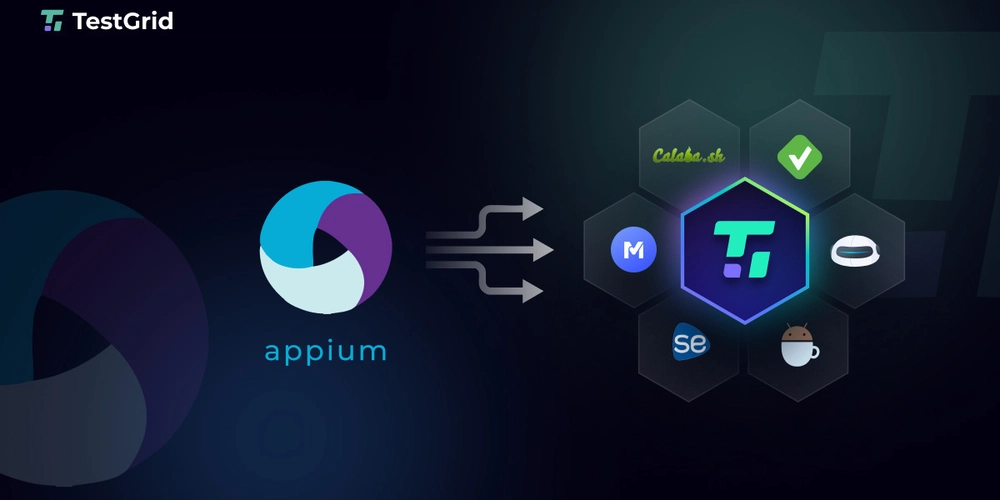


































































.jpg?width=1920&height=1920&fit=bounds&quality=70&format=jpg&auto=webp#)










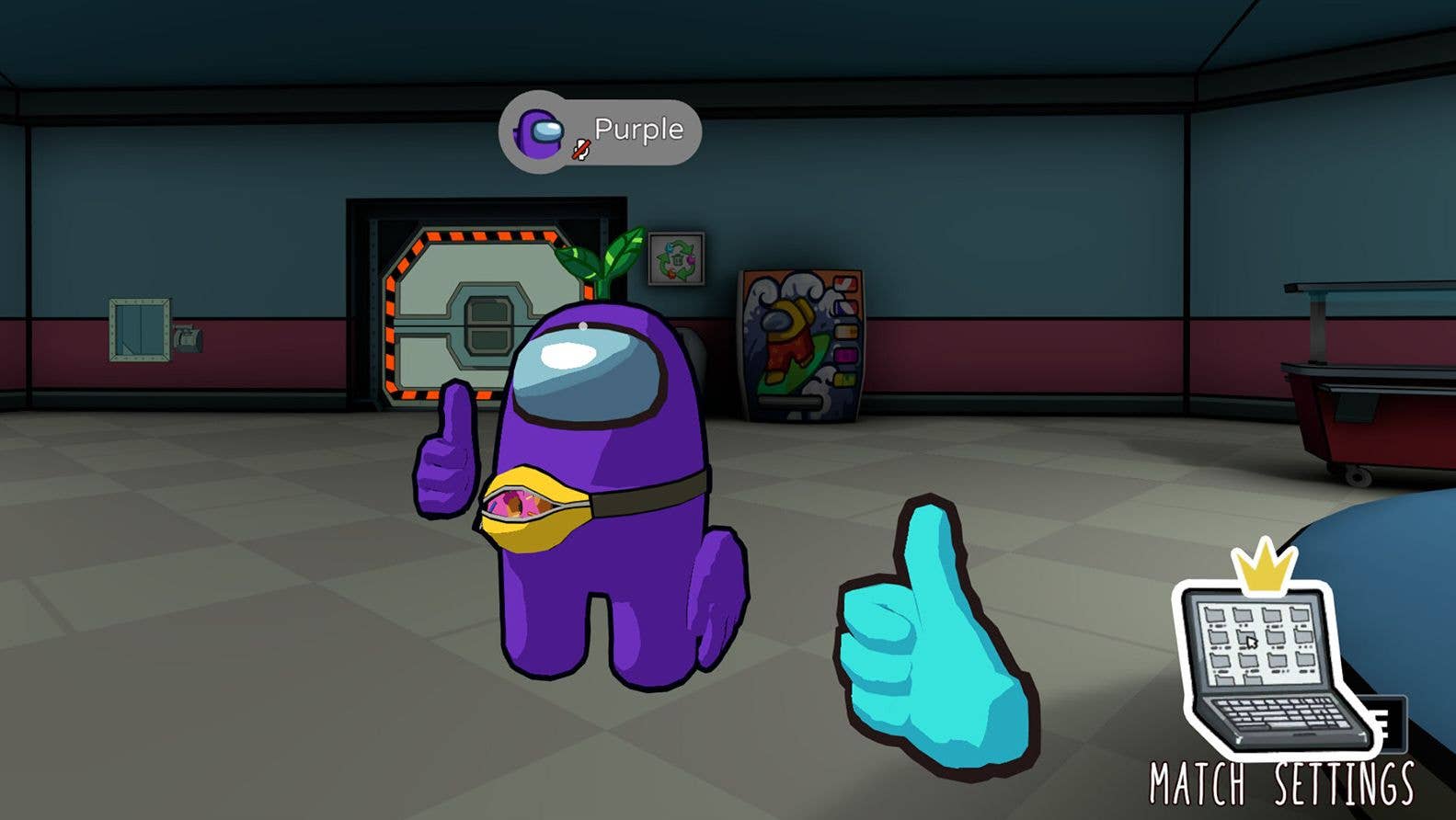









































































_Brian_Jackson_Alamy.jpg?width=1280&auto=webp&quality=80&disable=upscale#)

_Steven_Jones_Alamy.jpg?width=1280&auto=webp&quality=80&disable=upscale#)


 Stolen 884,000 Credit Card Details on 13 Million Clicks from Users Worldwide.webp?#)























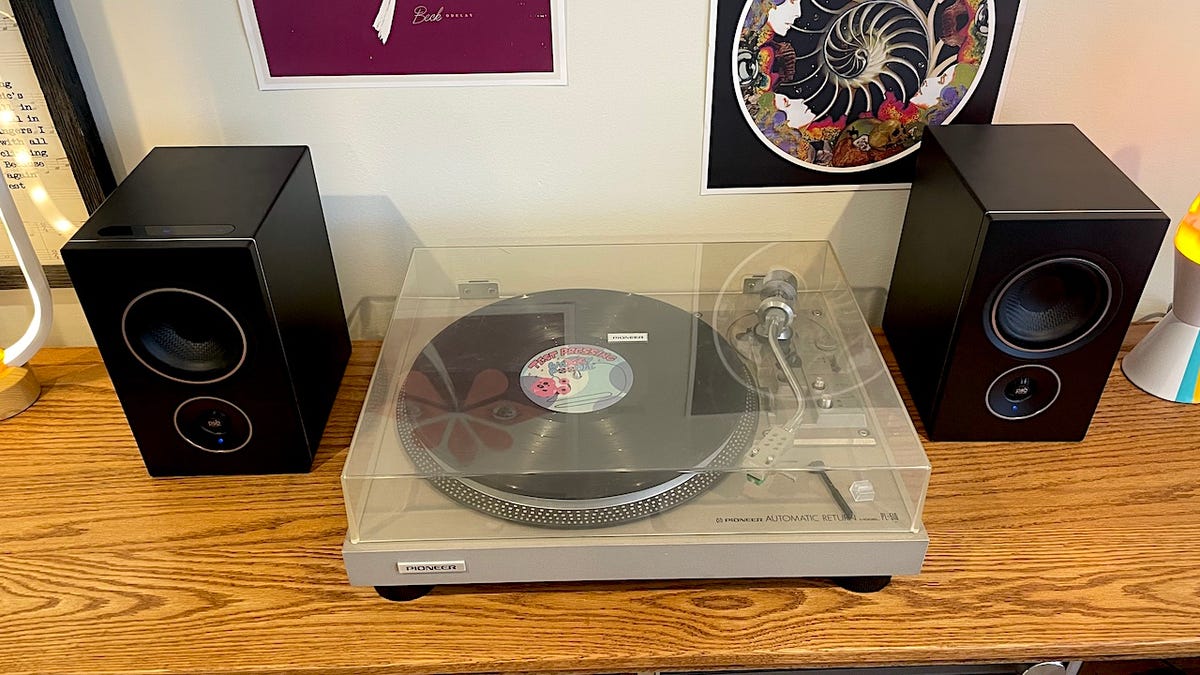

























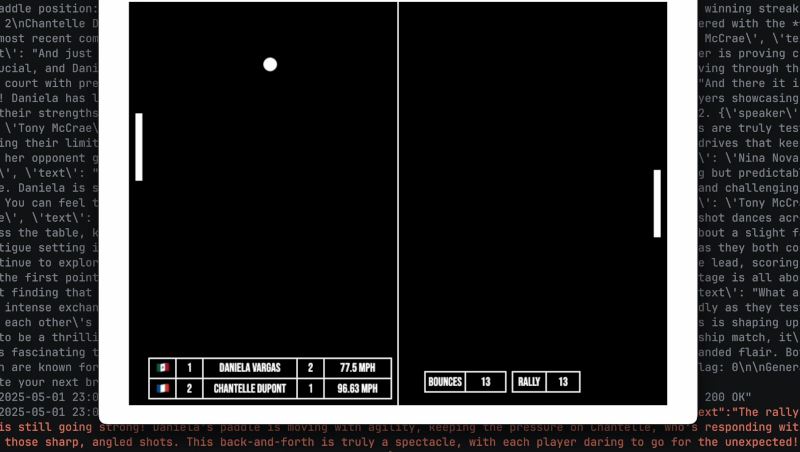
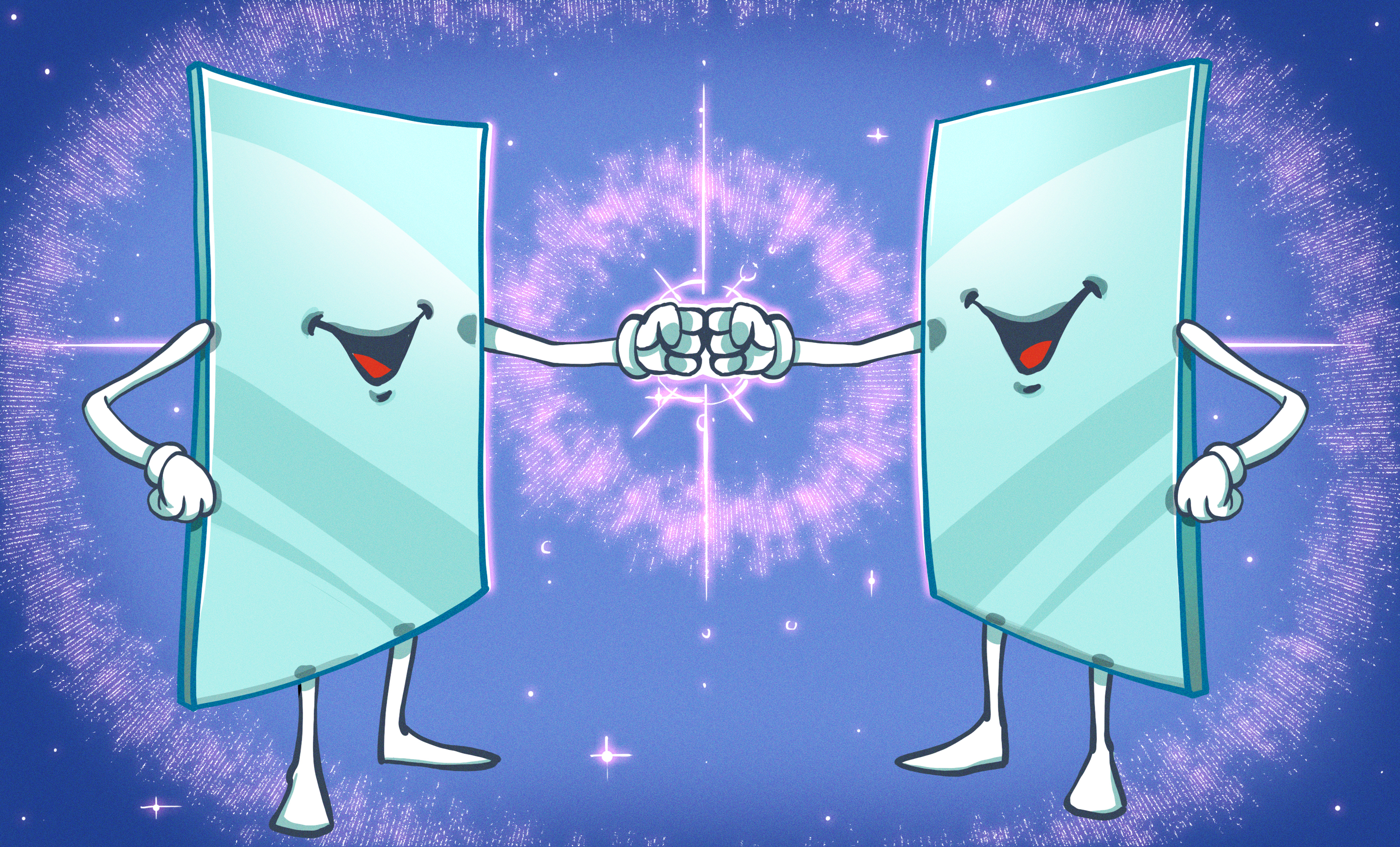
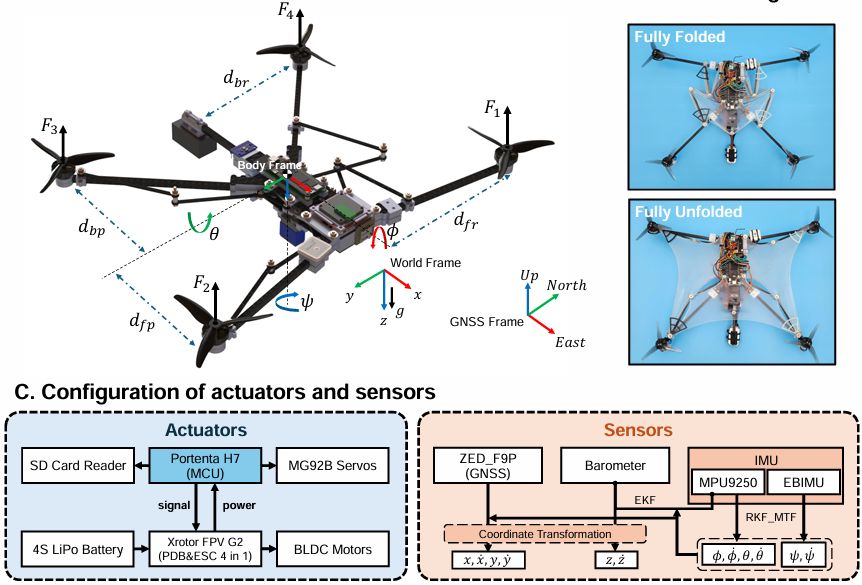
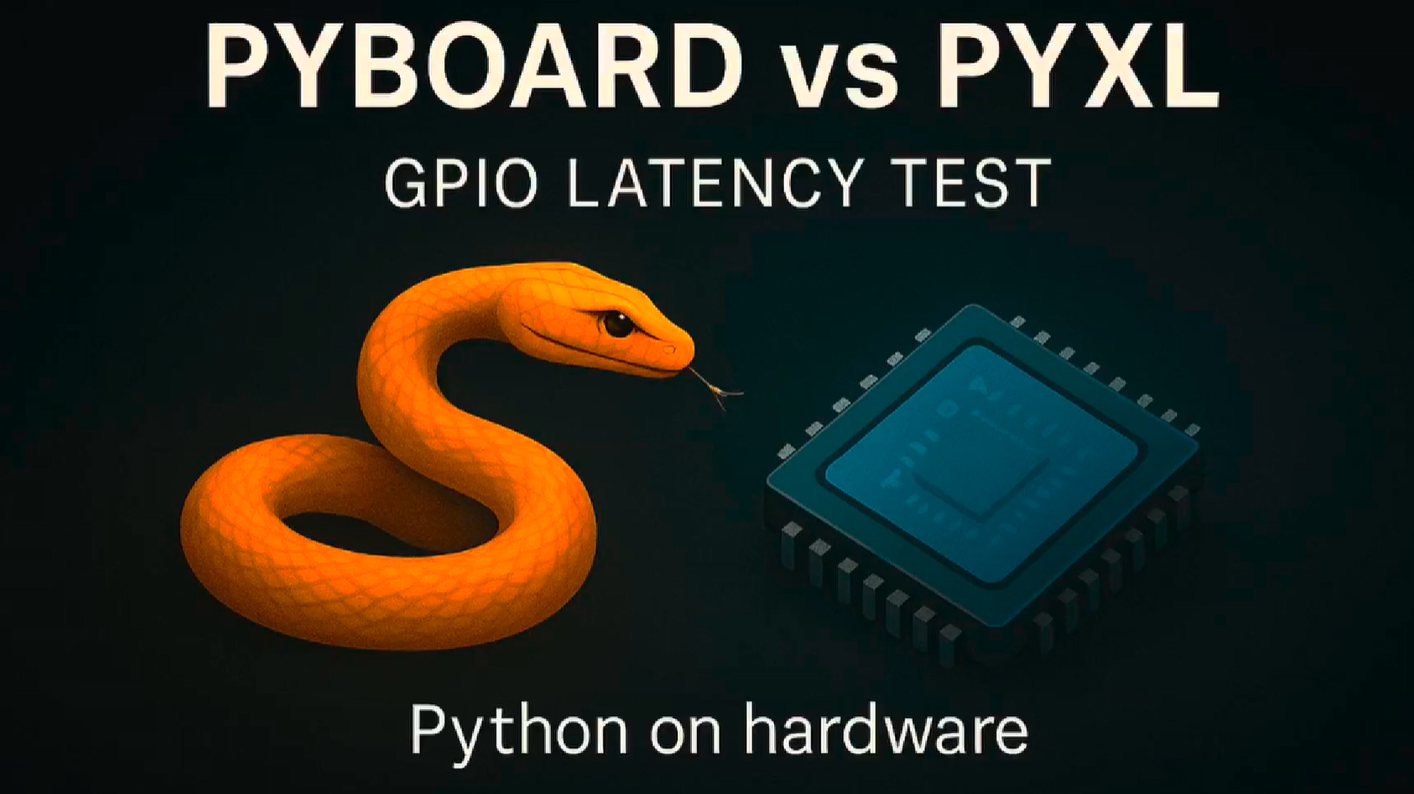




















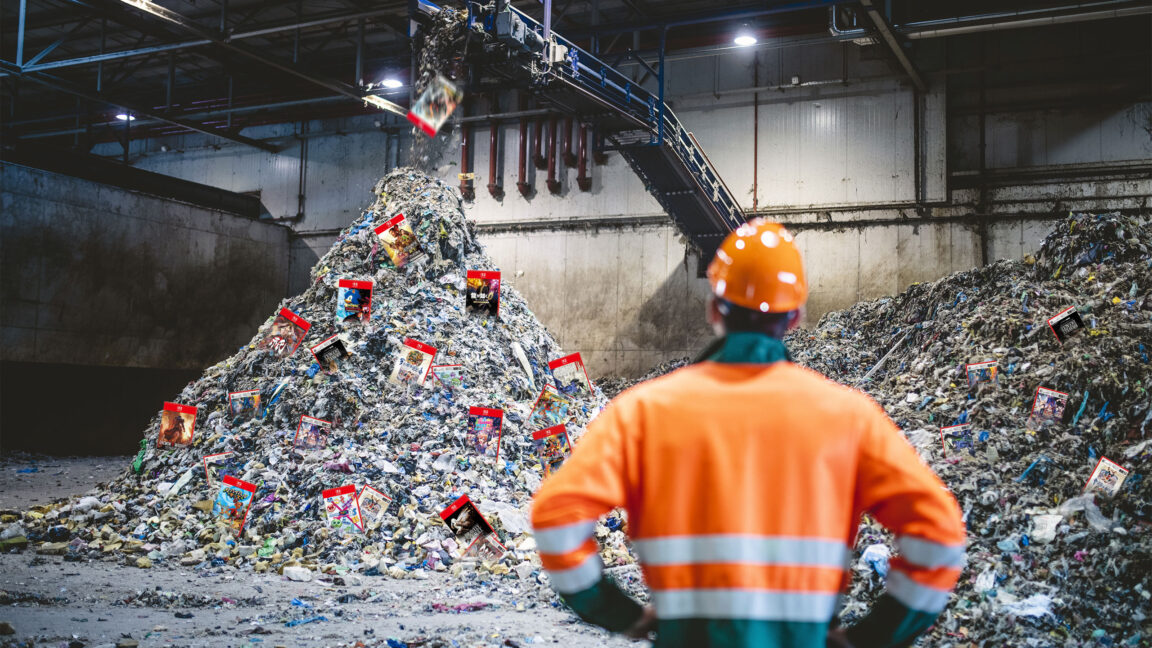








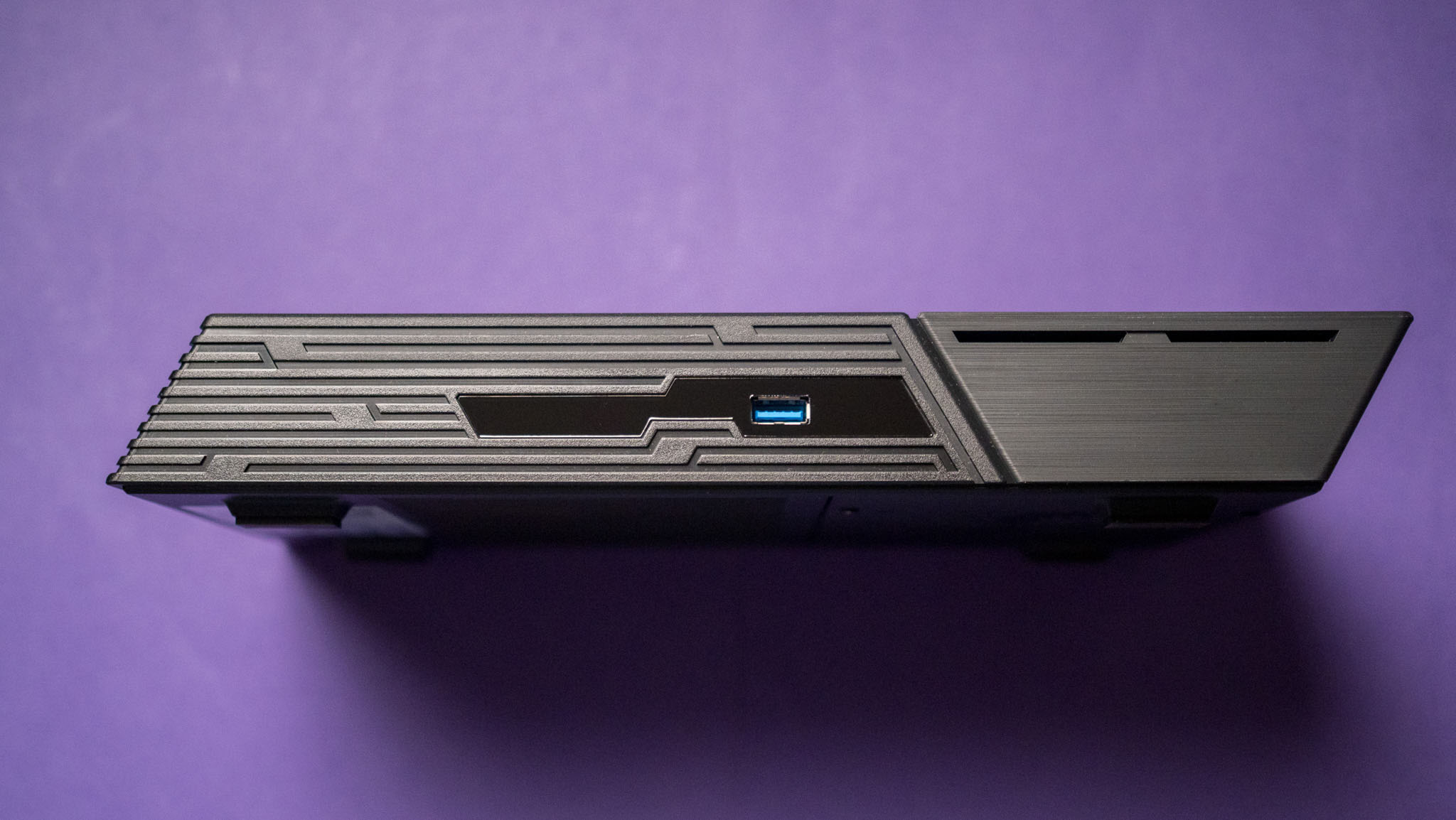






















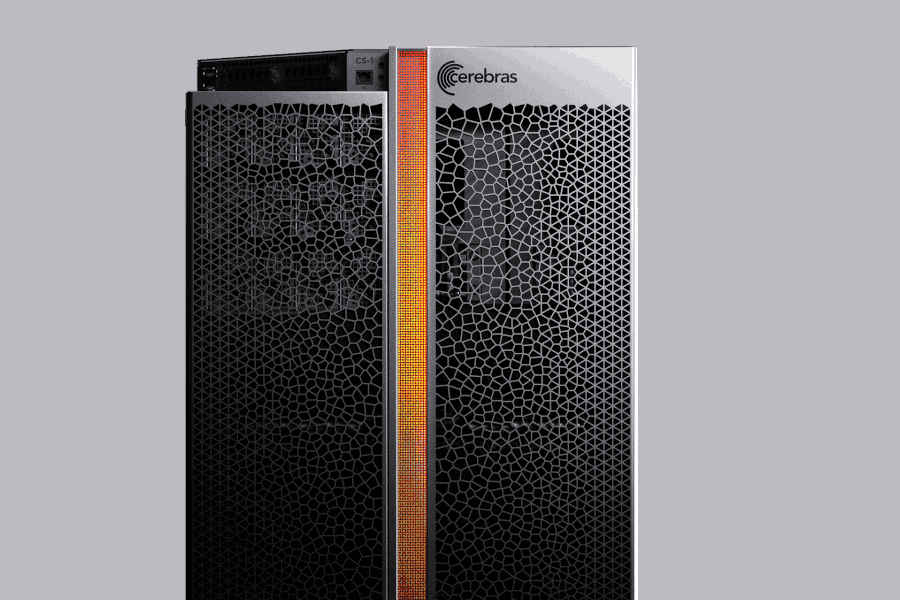


![Apple Watch Shipments Declined 19% Year-over-Year in 2024 [Report]](https://www.iclarified.com/images/news/97229/97229/97229-640.jpg)

![Google Mocks Rumored 'iPhone 17 Air' Design in New Pixel Ad [Video]](https://www.iclarified.com/images/news/97224/97224/97224-640.jpg)













